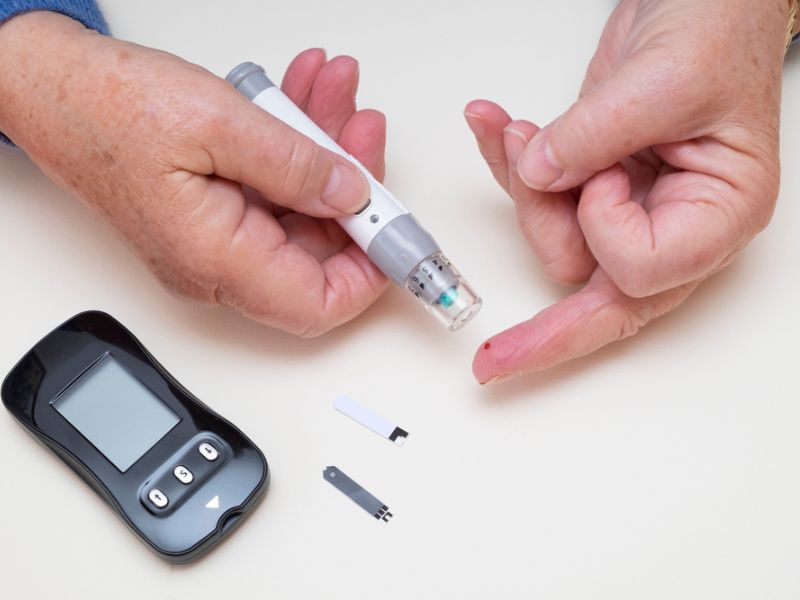Bariatric surgery is derived from the Greek words for weight and treatment. Initially, its name suggests it is designed to help people manage obesity. Experts began realizing a potential benefit to people with Type 2 diabetes and obesity-related health conditions that these procedures could treat as medical science improved its understanding of bariatric surgery.
The benefits of bariatric procedures for people with Type 2 diabetes have been debated for over 20 years. Today, these procedures do provide benefits. The success of bariatric surgery is better than that of non-surgical treatments alone.

Image Credit: Shutterstock/Billion Photos & Shutterstock/Ahmet Misirligul
One long-term trial published in the New England Journal of Medicine in 2017 found that bariatric surgery improved patient outcomes more than non-surgical diabetes care alone. Those who underwent surgery were more likely to reach normal blood sugar levels one year later. Moreover, they reported more excellent quality of life improvements and were less likely to take glucose-lowering medications.
Is Bariatric Surgery Beneficial For Diabetes Patients?
Le Roux said, “My view is that weight loss is the dominant mechanism, but clearly, there are other mechanisms at play.” Excess body weight increases insulin requirements, exacerbating the imbalances resulting in diabetes. People who have type 2 diabetes have too little insulin and too much blood sugar.
Gastric bypass surgery and sleeve gastrectomy are the most common bariatric procedures for people with Type 2 diabetes. It involves either removing the stomach or dividing it into two pieces and connecting the smaller one to the small intestine (sleeve gastrectomy or gastric bypass).

Image Credit: Shutterstock/Jeanette Teare
In Which Cases Is Bariatric Surgery Appropriate?
The final aspect of metabolic surgery is the need for significant lifestyle changes. The National Institutes of Health recommend treating people with Type 2 diabetes and a BMI over 35. Diabetes medications and lifestyle changes may not be effective if your BMI is between 30 and 35. People must follow a specialized diet and exercise regimen to maintain health and facilitate weight loss. Overeating can cause symptoms such as stomach cramps, pain, and diarrhea.
Surgery And Medications: The Future?
Clinical trials have shown that injectable drugs can help people with obesity lose significant weight-in some cases 20% or more-in clinical trials. Of the majority of patients who undergo surgery, about 70% experience sustained weight loss and diabetes remission without drugs. Some of these new drugs may prove helpful to those who fail to respond or eventually relapse.